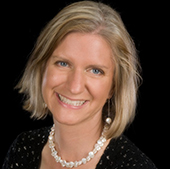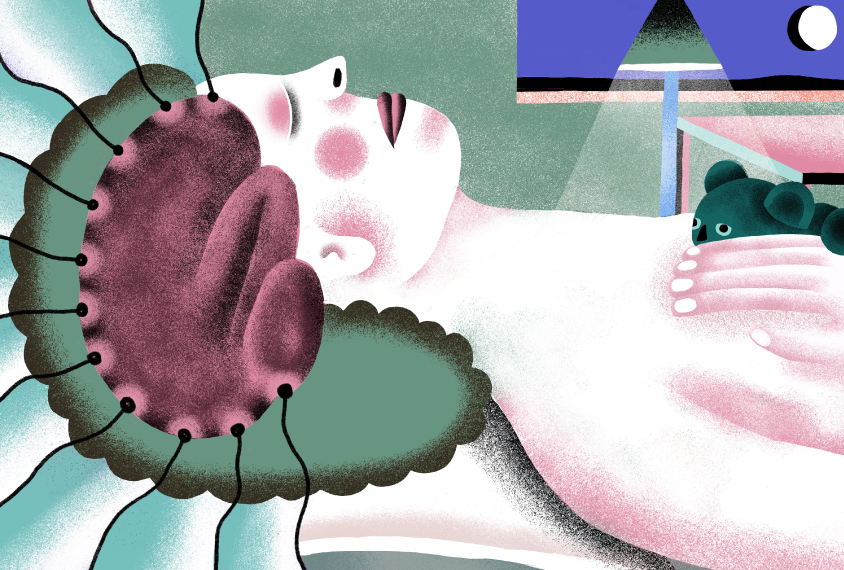Annette M. Estes is director and Susan and Richard Fade Endowed Chair of the University of Washington Autism Center in Seattle.

Annette Estes
Director and Susan and Richard Fade Endowed Chair
University of Washington Autism Center
From this contributor
Losing sleep: How researchers miss a key contributor to autism
Doctors and scientists should consider sleep problems an integral part of autism and begin to study them in more rigorous ways.

Losing sleep: How researchers miss a key contributor to autism
Explore more from The Transmitter
During decision-making, brain shows multiple distinct subtypes of activity
Person-to-person variability in brain activity might represent meaningful differences in cognitive processes, rather than random noise.

During decision-making, brain shows multiple distinct subtypes of activity
Person-to-person variability in brain activity might represent meaningful differences in cognitive processes, rather than random noise.
Basic pain research ‘is not working’: Q&A with Steven Prescott and Stéphanie Ratté
Prescott and Ratté critique the clinical relevance of preclinical studies in the field and highlight areas for improvement.

Basic pain research ‘is not working’: Q&A with Steven Prescott and Stéphanie Ratté
Prescott and Ratté critique the clinical relevance of preclinical studies in the field and highlight areas for improvement.
Proposed NIH budget cut threatens ‘massive destruction of American science’
A leaked draft of a Trump administration proposal includes an approximately 40 percent cut to the National Institutes of Health’s budget and a major reorganization of its 27 institutes and centers.

Proposed NIH budget cut threatens ‘massive destruction of American science’
A leaked draft of a Trump administration proposal includes an approximately 40 percent cut to the National Institutes of Health’s budget and a major reorganization of its 27 institutes and centers.